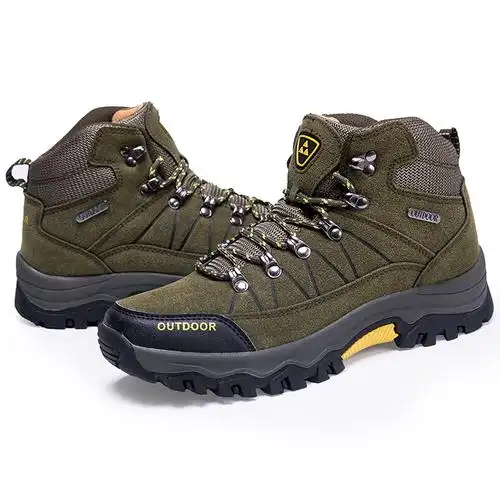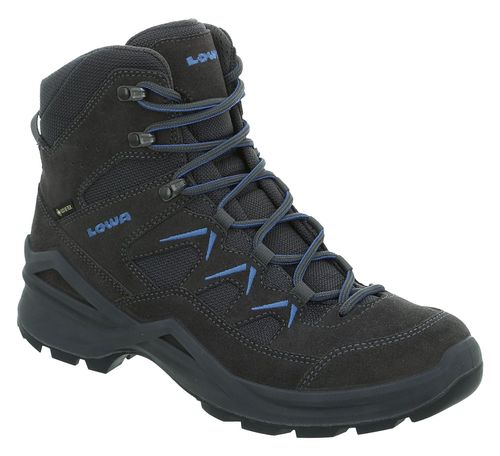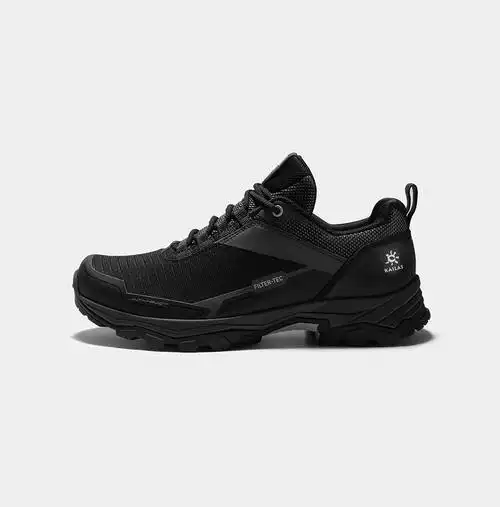


Introduction
In an era of geopolitical shifts, supply chain disruptions, and shifting consumer expectations, Jinjiang’s footwear manufacturers are redefining resilience. As the backbone of China’s $40 billion footwear industry, this region—home to over 3,000 factories—has become a global benchmark for agility, adaptability, and innovation. This article reveals how Jinjiang-based factories are future-proofing supply chains, balancing cost efficiency with sustainability, and empowering brands to thrive amid uncertainty.
—
1. Diversifying Risk: Localized Sourcing and Regional Hubs
Global disruptions, from pandemics to trade wars, have pushed Jinjiang factories to rethink sourcing strategies.
– Local Material Networks: Factories now source over 60% of raw materials (e.g., rubber, textiles) domestically, reducing dependency on imports and minimizing delays.
– Decentralized Production Clusters: By establishing satellite facilities in Southeast Asia and Eastern Europe, brands gain proximity to key markets while maintaining Jinjiang’s core manufacturing expertise.
– Strategic Buffer Inventories: Smart warehousing systems stock critical components regionally, ensuring production continuity during crises.
This multi-layered approach mitigates risks without compromising speed or cost advantages.
—
2. Agile Manufacturing: From Mass Production to On-Demand Flexibility
Jinjiang’s factories are breaking free from rigid, bulk-oriented models.
– Modular Production Lines: Switch between product lines (e.g., athletic shoes, orthopedic footwear) in hours, not weeks, to align with trend cycles.
– Real-Time Demand Sensing: AI tools analyze global market signals, enabling just-in-time production that reduces excess inventory by 35%.
– Small-Batch Customization: Serve niche markets with limited-edition designs, leveraging digital printing and laser engraving for rapid, low-cost iterations.
This flexibility allows brands to respond swiftly to viral trends or supply chain bottlenecks.
—
3. Sustainability as a Competitive Edge
Sustainability is no longer optional—it’s a non-negotiable pillar of modern manufacturing.
– Bio-Based Materials: Factories now integrate algae-infused foams, mushroom leather uppers, and recycled ocean plastics into mainstream production.
– Carbon-Neutral Factories: Leading facilities offset emissions via solar farms and reforestation partnerships, achieving net-zero status by 2030.
– Circular Design Principles: Shoes are designed for disassembly, with modular components recyclable into new products.
By embedding sustainability into operations, Jinjiang manufacturers help brands meet strict regulations (e.g., EU Circular Economy Action Plan) and consumer demand for ethical products.
—
4. Digital Twins and Predictive Analytics: Anticipating Challenges Before They Arise
Forward-thinking factories use advanced technologies to stay ahead of risks.
– Digital Twins: Simulate supply chain scenarios (e.g., port closures, material shortages) to preemptively adjust production schedules.
– Predictive Logistics: Machine learning models optimize shipping routes and inventory levels, cutting logistics costs by 20%.
– Blockchain Traceability: Provide end-to-end visibility into raw materials, ensuring ethical sourcing and compliance with international standards.
These tools transform reactive problem-solving into proactive strategy.
—
5. Partnering with Jinjiang: Strategic Benefits for Global Brands
– Cost Transparency: No hidden fees—factories offer fixed-price contracts with breakdowns for materials, labor, and logistics.
– Compliance Assurance: Dedicated teams manage certifications (SA8000, FSC) and documentation for global markets.
– Scalability on Demand: Ramp production from 1,000 to 1 million pairs monthly without quality trade-offs.
This partnership model turns suppliers into strategic growth enablers.
—
Conclusion
Jinjiang’s footwear factories are more than manufacturers—they’re architects of resilient, future-ready supply chains. By blending localized sourcing, agile production, and cutting-edge technology, they empower brands to navigate volatility while delivering sustainable, high-quality products. For global businesses, the message is clear: Success in the next decade hinges on partnering with suppliers who thrive in chaos.
Call to Action
Transform your supply chain into a growth engine. Collaborate with Jinjiang’s experts to build resilience, sustainability, and scalability into every step.
—
*Meta Description*: Discover how Jinjiang’s footwear factories build resilient supply chains with AI-driven agility, sustainable materials, and localized sourcing. Navigate global disruptions with confidence.
Article link:https://www.vlefooena.com/manufacturer/3686/

No reply content